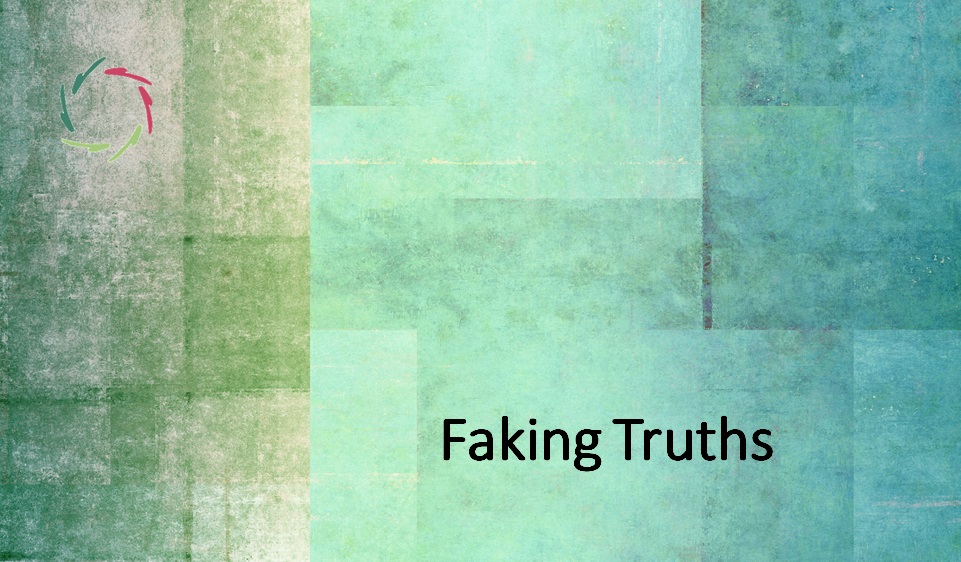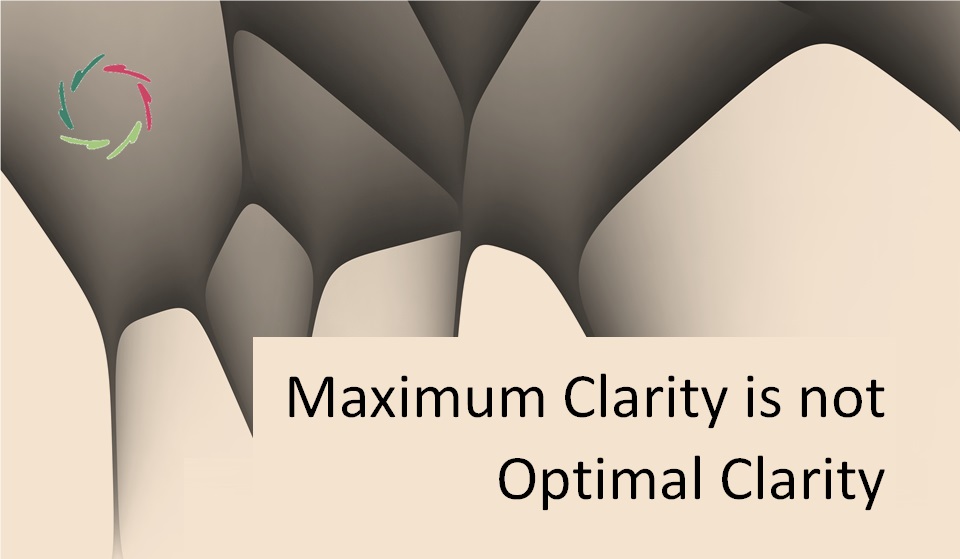Anxiety Not Felt

Worldwide, people are anxious. This may have been the case for a long time, but it’s certainly the case now. Technological progress hardens the cause and consequences.
A quote about felt anxiety [*]:
Anxiety disorders, including panic disorder with or without agoraphobia, generalized anxiety disorder, social anxiety disorder, specific phobias, and separation anxiety disorder, are the most prevalent mental disorders and are associated with immense health care costs and a high burden of disease. According to large population-based surveys, up to 33.7% of the population are affected by an anxiety disorder during their lifetime.
One can have a phobia of spiders.
A phobia is a form of anxiety.
The little spider isn’t the object of rational fear that it will kill or even just bite. The phobia is not about the spider itself but what it symbolizes.
With no spider in the vicinity – physically or mentally – the phobia is generally not felt ― better said, not consciously felt. One can have a phobia for many years without being consciously aware that it even exists.
Then, suddenly, a spider turns up, together with consciously feeling what has always been there.
Not felt ― as anxiety
Anxiety can be felt in the body, likewise to stress ― for instance, in chronic low back pain. Indeed, one can ask about how closely related are anxiety and stress.
In coaching, symptom relief may be accompanied by feelings of anxiety as an underlying layer that becomes exposed. It is crucial, then – for coach and coachee – to have insight into what is really happening. The anxiety may be an uncomfortable, yet not abnormal side-effect. It is also not a necessary step (catharsis-like), but one should, in any case, be prepared to deal with it.
Anxiety is always about symbolization.
In contrast to fear – which has a clear external object such as a strongly venomous spider – anxiety originates in non-conscious depth, what I call the ‘deeper self.’
This deeper self is nothing special. It’s what most of your mental life meaningfully consists of. Eventually, it’s where your sense of meaningfulness originates. Nothing special ― at the same time, pretty special indeed.
Yet, its being non-conscious means exactly what this says. It is not readily prone to conscious experience. It is not consciously felt in a direct sense. Of course, consequences are consciously felt at any – conscious – moment of your life.
Not consciously felt ― as if nothing is there.
The Eastern concept of Emptiness is more enlightening than Western ideas about the non-conscious up till some half a century ago ― say, Freud and co. Eastern Emptiness is conceptually empty ― meanwhile, full of possibilities.
The last few decades, neurocognitive science has amassed tons of evidence backing it up, even visualizing it. Indeed, one can see non-conscious processing in action with proper scans (optogenetics). This brings it to the realm of hard-core science, even though many silos of applied science (such as medicine, psychotherapy, and the humanities) proceed as if nothing happened. It is not seen, not felt even there.
The cause of this blindness itself is anxiety.
This plays inside and outside of domains of applied science. Anxiety is ubiquitous.
A self-defeating consequence is that it hinders the quest to find out about anything related to the deeper self ― even though the latter is relevant to every human-oriented endeavor. This way, non-conscious anxiety hinders the being consciously felt of the anxiety itself. Even more, it results in an active turning away from it ― a basic denial. That makes things (the ‘scary unknown’) even eerier and more anxiety-provoking.
People are running away from what they don’t know they are running away from. If you try to make them look at it – trying to help, probably – you might expect very defensive reactions.
Yet, humanity needs to get through this conundrum. It is existentially important.
―
[*] Bandelow B, Michaelis S. Epidemiology of anxiety disorders in the 21st century. Dialogues Clin Neurosci. 2015 Sep;17(3):327-35. doi: 10.31887/DCNS.2015.17.3/bbandelow. PMID: 26487813; PMCID: PMC4610617.


